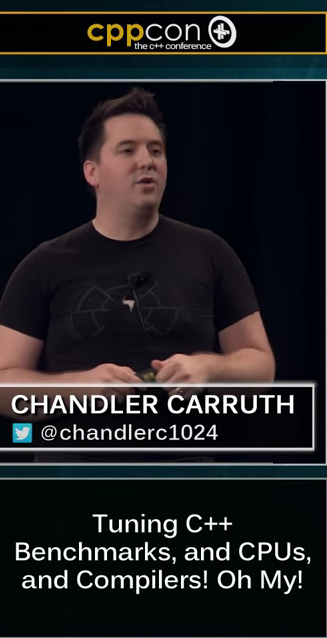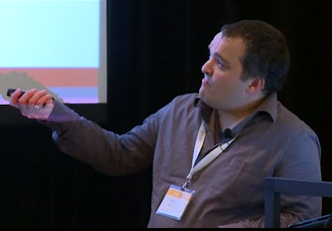Sometimes you get things wrong--Marshall Clow
What is the best thing to return?
Sometimes you get things wrong
by Marshall Clow
From the article:
A few years ago, Sean Parent challenged me to provide an implementation of Boyer-Moore searching in C++. I did that, first in boost and then, later as part of the proposed Library Fundamentals Technical Specification.
The idea here is that you have a searcher object, which encapsulates the actual searching. You construct it with the pattern that you want to search for, and then you call the searchers operator() with the corpus that you want to search, and it will return to you the start of the pattern in the corpus, if it exists, and the end of the corpus, if it does not (this is the same set of rules that std::search follows).
But this weekend I realized that this is not the right thing to return. The searcher (and std::search for that matter) should return a “range” (ok, a pair of iterators) denoting the beginning and end of the pattern in the corpus. (Yes, you can get the end of the pattern by incrementing the returned iterator by the length of the pattern, but that’s an O(N) operation if you only have forward iterators...



 Have you registered for CppCon 2015 in September? Don’t delay –
Have you registered for CppCon 2015 in September? Don’t delay –